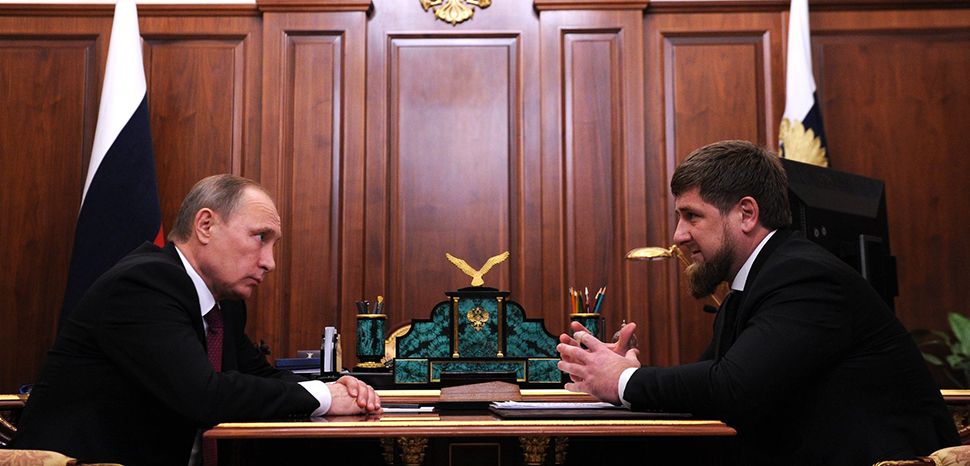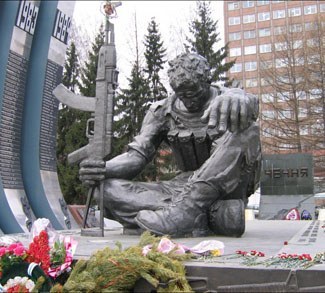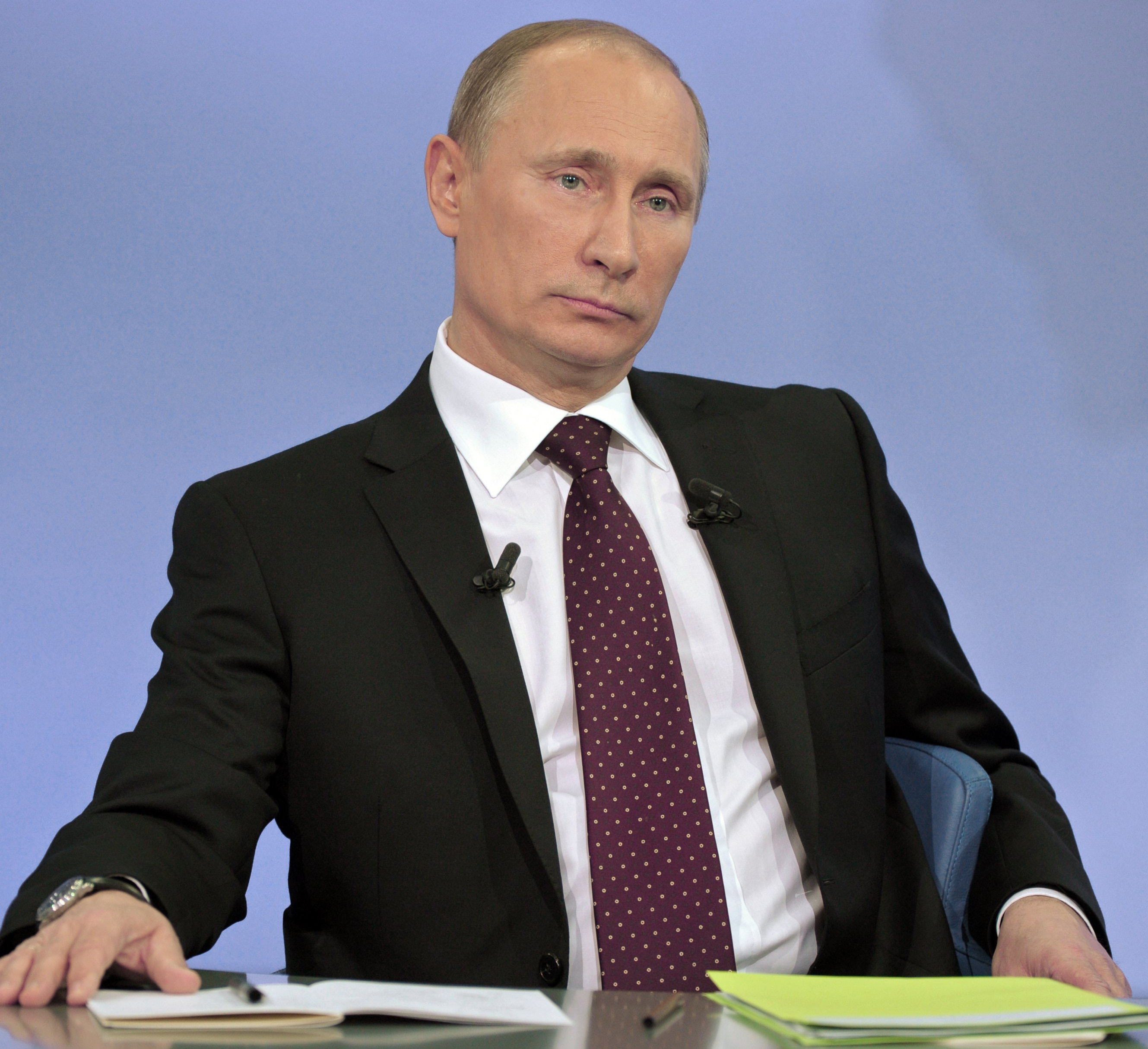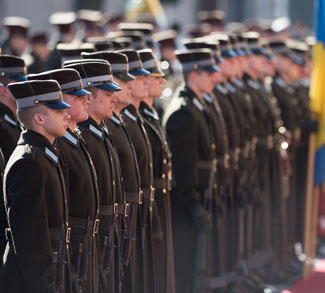A string of victories in the Kharkiv oblast has suddenly turned the Ukraine war in Kyiv’s favor, sending the Kremlin into a panic. The response was swift. Knowing that Russia lacks the manpower and coordination to quickly turn the tide in the invasion, President Putin decided to “annex” the four occupied oblasts of Ukraine.
This move was internationally condemned, and only Russia’s veto power in the UN Security Council avoided the sentiment being officially recorded in a UNSC draft resolution. But these annexations are arguably meant for a different audience: the hardliners in Putin’s inner circle, who together are desperate for any semblance of a short-term victory.
Yet this victory was ultimately fleeting, as Ukraine liberated the strategically important railway junction city of Lyman in Donetsk just one day after the annexation proclamation, opening the path for further ZSU (the armed forces of Ukraine) advances into Luhansk oblast. Then just days later, the ZSU advanced several hundred square kilometers in Kherson, effectively putting the remaining Russian garrisons on the west bank of the Dnipro River under effective fire control. There has also been a reported Ukrainian build-up in Zaporizhzhia oblast, indicating another potential offensive in the near future.
Unsurprisingly, these mounting military setbacks in Ukraine have not been taken well by the Russian MOD and hardline factions fighting for influence in the Kremlin.
But the most deeply symbolic victory for Kyiv was undoubtedly the (yet unclaimed) attack on the Kerch Bridge in Crimea – an explosion that came on Putin’s own birthday no less. The attack left the bridge temporary inoperable, with transit reduced to a relatively slow ferry service. The Kerch attack is viewed as a massive blow to Russian imperialistic power, as the bridge was frequently portrayed as a symbol of the Putin era and in more tangible terms it forms the main supply lines for Russian forces in the south and east of Ukraine.
The loss of the bridge leaves the railway links from Melitopol as the main supply route for Russian troops in Ukraine’s occupied oblasts. The railways are within HIMARS range, and if Ukraine retakes Melitopol or damages the rails, the Russian MOD will struggle to supply overextended forces in Kherson and Zaporizhzhia.
These setbacks are not without their consequences in Kremlin circles. Sergei Shoigu, the Russian Defense Minister, has taken the brunt of criticism from hardliners like Chechen head and warlord Ramzan Kadyrov and Wagner founder Yevgeny Prigozhin. The latter two have pushed Putin to take more extreme measures in response, measures that have now taken the form of indiscriminate bombing of civilian areas and critical infrastructure. Kadyrov has gone further, arguing that Putin should use tactical nuclear weapons to achieve military victory in Ukraine.
There have been fears amongst politicians, think tankers, and media personalities that if Putin is not given an ‘off ramp’ to end the war, that he will feel cornered and potentially opt to use nuclear weapons. However, this is quite possibly a major oversimplification, as Putin’s geopolitical ambitions have always been based on escalation in the face of perceived weakness among Russia’s international rivals.
Recall that, during the 2008 Russian invasion of Georgia, the international response was incredibly mild; Putin got off the hook with a mild rhetorical reprimands and even new gas deals in Europe. In Syria, the U.S warned of major consequences for chemical weapons use in the country, but when they were actually used, the hammer never came down. The initial response to Russia’s partial annexation of Ukraine in 2014 followed this same pattern, with aid to Ukraine mostly being restricted to the non-lethal sort, at least until total war broke out earlier this year.
On the other hand, Putin has tended to back down when faced with strength. In 2015, Turkey shot down a Russian warplane over Syria and a Turkish policeman killed the Russian ambassador to Turkey on live television. At the end of the 2020 Karabakh War, Azerbaijan shot down a Russian helicopter full of servicemen. Regarding previous red lines, such as striking Russian territory or Crimea, the Kremlin had warned of a potential nuclear response; yet the Ukrainian Armed Forces have regularly hit military bases and supply depots in both Belgorod and Crimea. In both cases, Putin did not respond with force, and has tended to back down when his escalation is matched by the opponent.
Discontent within the Putin regime continues to grow, and this could be Ukraine’s way out of the war without fear of nuclear strikes. There has been an escalating power struggle amongst Putin’s inner circle, with calls to remove Sergei Shoigu from his post becoming more common. One Kremlin official even called for the defense minister to shoot himself. The influence of the Prigozhin-Kadyrov hardline faction continues to grow, with Putin recently yielding more ground by promoting Kadyrov to the rank of Colonel General.
Igor Girkin, the now popular Russian blogger and ex-FSB officer who was allegedly instrumental in organizing Russian militias in the Donbas region, gave an interview stating that the war was all but lost for the Kremlin. Each new Ukrainian victory increases the likelihood that hardliners will eat each other while positioning themselves for the post-Putin vacuum.
Independent of the Russian military, Prigozhin has continuously ordered Wagner-led forces to assault Bakhmut in Donetsk over the past three months. Despite the bare minimal progress on this front, the operation has been well received on Russian Telegram channels, as it is a rare example of Russia reversing ZSU gains. The timing of the push is interesting; it could be a potential power play as Prigozhin looks to build up his reputation as one of the few remaining competent military commanders Russia has left in the conflict.
As the list of battlefield victories for Kyiv continues to grow, so too does political pressure at home for Moscow. A potential power move by Wagner, Kadyrov’s Chechen factions, and/or pro-war oligarchs could take place at any time, producing either a coup or fracture of the republic and potentially necessitating the redeployment of military assets currently in Ukraine.
As the main Russian military is already decimated in man and materiel and stretched incredibly thin, this dynamic amounts to a powder keg at the heart of the Russian state. Disastrous handling of wars has always been a downfall of dictators, even in Russia’s own history after a humiliating defeat against Japan and during WWI. the Russo-Ukrainian War could eventually bring about the downfall of Putin—but the world might not like who steps into the void to replace him.




